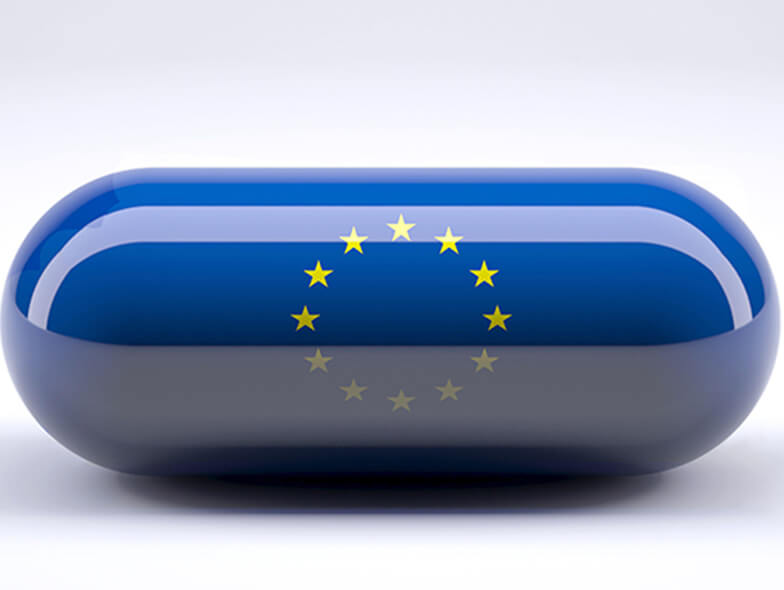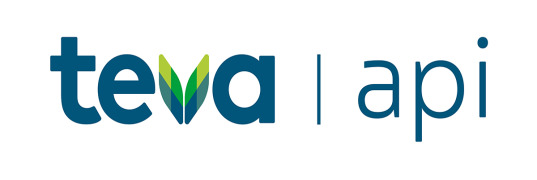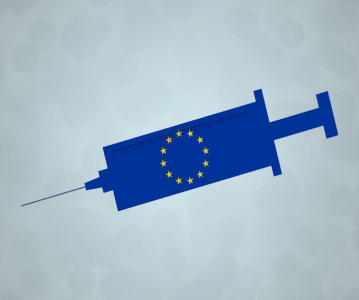COVID-19 triggers growing interest of European patients in where drugs are manufactured: Teva study

Just as 'food miles' have become a key concern among consumers in recent years, patients now want to know more about 'medicine miles', study commissioned by Teva finds
The coronavirus pandemic has triggered growing interest among European patients about where their drugs are manufactured and Europe's wider role in drug production, according to a report commissioned by generics comapny, Teva.
The study, which questioned 3,000 European patients who rely on regular medication for chronic conditions revealed seven out of 10 are now keen to know where their medicines are made while 71% of respodents said they are interested in knowing Europe remains as competitive as other regions.
The vast majority (84%) of patients surveyed said they wanted their government to support pharmaceutical manufacturing investments in their region to avoid over-dependencies on countries outside of Europe.
This patient interest comes as the pandemic has exposed "weaknesses in the growing concentration of essential medicine production overseas and highlights the need to rebalance the global pharmaceutical value chain to ensure every region around the world has reliable access to vital medicines," Teva said.
The COVID-19 pandemic has highlighted problems with global supply chains caused by a large proportion of global API production being clustered in Asia.
Although Europe remains strong in producing finished medicines it has lost its leadership position in API manufacturing in the off-patent generics sector — particularly for drugs such as paracetamol— opening up strategic vulnerabilities.
Richard Daniell, Executive Vice President for Teva in Europe, said the pandemic has acted as a "wake-up call" and that the growing imbalance of the global pharmaceutical value chain cannot continue.
The report suggests Europe’s over-reliance on overseas API manufacturing has been "exposed by the closure of factories and borders, and that nationalistic approaches don’t work in such a highly connected and interdependent area as modern medicine supply."
Teva said that Europe must, therefore, adjust its policies to new economic and technological realities, while expanding its competitiveness and geopolitical position by remaining open and attracting investments.
Daniell also said that Europe’s regulatory regime, which he describes as "rather inflexible" and "old fashioned" should be modernised to attract pharmaceutical investments to produce critical APIs and generic medicines.
Furthermore, he added that seizing this "watershed moment" to create a new equilibrium will not simply improve Europe's resilience, it will also deliver a significant economic contribution to the region and be more sustainable given the potential of transport reduction-related environmental impact.

Related News
-
News Patients vs Pharma – who will the Inflation Reduction Act affect the most?
The Inflation Reduction Act brought in by the Biden administration in 2022 aims to give better and more equitable access to healthcare in the USA. However, pharma companies are now concerned about the other potential costs of such legislation. -
News CPHI Podcast Series: What does the changing US Pharma market mean for industry and patients alike?
In this week's episode of the CPHI Podcast Series Lucy Chard, Digital Editor for CPHI Online is joined by James Manser to discuss the political and market changes in the US pharma field. -
News CPHI Barcelona Annual Report illuminates industry trends for 2024
The CPHI Annual Survey comes into it’s 7th year to report on the predicted trends for 2024. Over 250 pharma executives were asked 35 questions, with their answers informing the industry landscape for the next year, spanning all major pharma marke... -
News Which 10 drugs are open to price negotiation with Medicare in the USA?
The Centres for Medicare & Medicaid Services, under the Biden administration in the USA, has released a list of the 10 drugs that will be open to price negotiations as part of the new legislation under the Inflation Reduction Act (IRA). -
News EU Medical Devices Regulation causes unintended disappearances of medical devices for children, doctors state
Doctor groups and associations have appealed to the EU to correct the EU Medical Devices Regulation law that may cause unintended shortages of essential drug and medical devices for children and rare disease patients. -
News 10 Major Drug Approvals So Far in 2023
Last year, 37 novel drugs were approved by the FDA, this was a high number for such a category, and covered many fields including oncology, demonstrating how promising further research is, and how it is only continuing to build. To date, there are alre... -
News Detecting Alzheimer's disease with a simple lateral flow test
A novel rapid diagnostic test for early-stage Alzheimer's disease has been developed using a biomarker binder from Aptamer Group along with technology from Neuro-Bio, the neurodegenerative disease experts. -
News CPHI Podcast Series: outsourcing and manufacturing trends
Listen to the CPHI Podcast Series this June to hear Gil Roth of the PBOA speak with Digital Editor Lucy Chard about the biggest trends and topics to watch in pharma outsourcing and manufacturing at the minute.
Position your company at the heart of the global Pharma industry with a CPHI Online membership
-
Your products and solutions visible to thousands of visitors within the largest Pharma marketplace
-
Generate high-quality, engaged leads for your business, all year round
-
Promote your business as the industry’s thought-leader by hosting your reports, brochures and videos within your profile
-
Your company’s profile boosted at all participating CPHI events
-
An easy-to-use platform with a detailed dashboard showing your leads and performance







